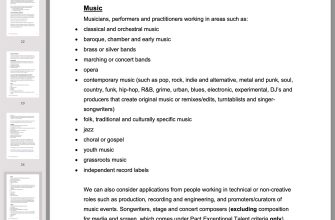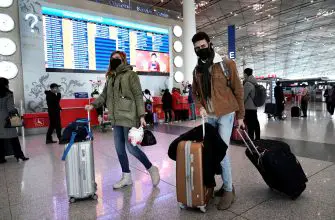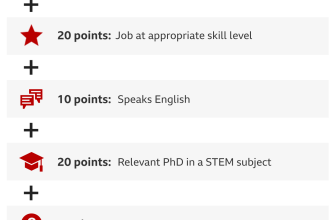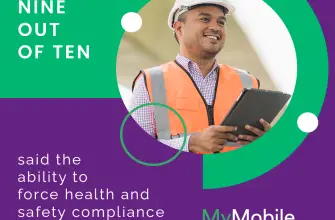The United Kingdom, known for its rich history, diverse culture, and robust economy, has always been a popular destination for immigrants. However, the UK’s immigration rules are complex and frequently updated, making it crucial for potential immigrants to stay informed about the latest changes. This article will delve into the recent updates to the UK immigration rules, focusing on key changes to Appendix A of the Immigration Rules, Appendix ATAS, Immigration Rules Part 11, and other relevant sections. We aim to provide a comprehensive overview of these changes, helping you navigate the UK immigration process more effectively.
Understanding the UK Immigration Rules
The UK Immigration Rules are a set of regulations that govern who can enter or stay in the UK. They cover various aspects of immigration, including work visas, student visas, family visas, asylum, and deportation. The rules are detailed in several appendices, including Appendix A, which deals with attributes for points-based system applicants, and Appendix ATAS, which relates to the Academic Technology Approval Scheme.
Key Changes to Appendix A of the Immigration Rules
Appendix A of the Immigration Rules outlines the points-based system for those applying for work visas. The recent changes to Appendix A Immigration Rules have significantly altered the points-based system. Here are some of the key changes:
- The minimum salary threshold for Tier 2 (General) visa applicants has been lowered from £30,000 to £25,600.
- The Resident Labour Market Test (RLMT) has been abolished, making it easier for employers to sponsor overseas workers.
- The cap on the number of Tier 2 (General) visas issued each year has been removed.
- Applicants no longer need to have been employed by their sponsor for six months before applying for a visa.
Updates to Appendix ATAS
Appendix ATAS pertains to the Academic Technology Approval Scheme, which is a clearance process for certain technology-related studies in the UK. The recent changes to Appendix ATAS have expanded the scope of studies that require ATAS clearance. Here are the key updates:
- ATAS clearance is now required for all postgraduate studies and research in certain sensitive subjects, regardless of the student’s nationality.
- Students who switch to a different course or institution must apply for a new ATAS certificate.
- ATAS clearance is now mandatory for certain undergraduate courses in sensitive subjects.
Changes to Immigration Rules Part 11
Immigration Rules Part 11 deals with the continuation of leave (permission to stay) in the UK. The recent changes to Immigration Rules Part 11 have clarified the circumstances under which leave can be extended or curtailed. Here are the key changes:
- Applicants can now apply to extend their leave within 14 days of their current leave expiring, rather than 28 days as previously required.
- The grounds for curtailing leave have been expanded to include situations where the applicant’s presence in the UK is not conducive to the public good.
Other Noteworthy Changes to Immigration UK Rules
Beyond the changes to Appendix A, Appendix ATAS, and Part 11, there have been several other noteworthy updates to the UK immigration rules. These include:
- The introduction of the new points-based immigration system, which treats EU and non-EU citizens equally.
- The launch of the new Graduate Route, which allows international students to stay in the UK for two years (or three years for PhD students) after completing their studies.
- The expansion of the Shortage Occupation List, which includes jobs where there is a shortage of skilled workers in the UK.
Conclusion
The recent changes to the UK immigration rules represent a significant shift in the country’s approach to immigration. By understanding these changes, potential immigrants can better navigate the immigration process and increase their chances of successfully obtaining a visa. However, as the rules are complex and subject to further updates, it is advisable to seek professional advice or consult the official UK government website for the most accurate and up-to-date information.










